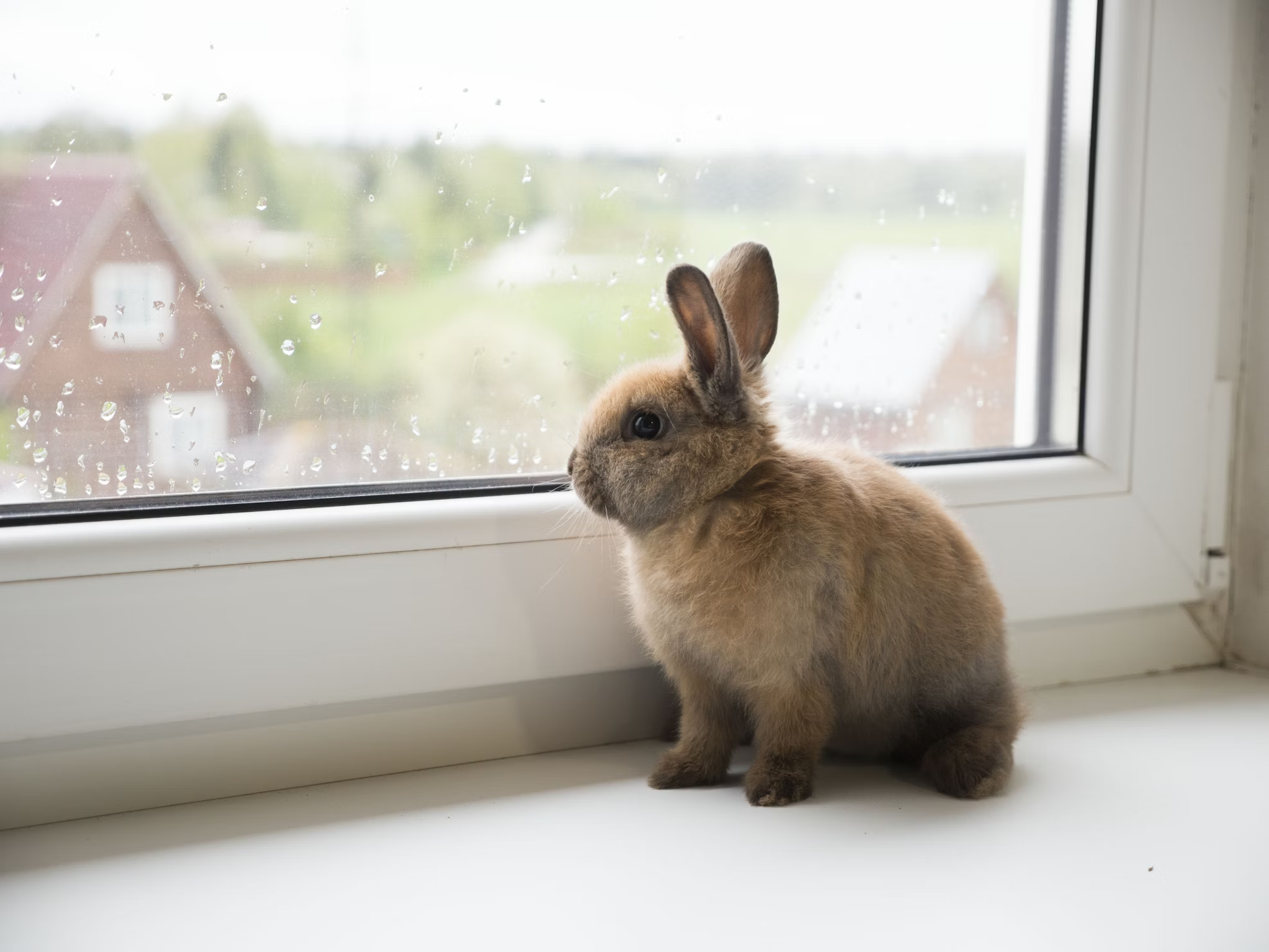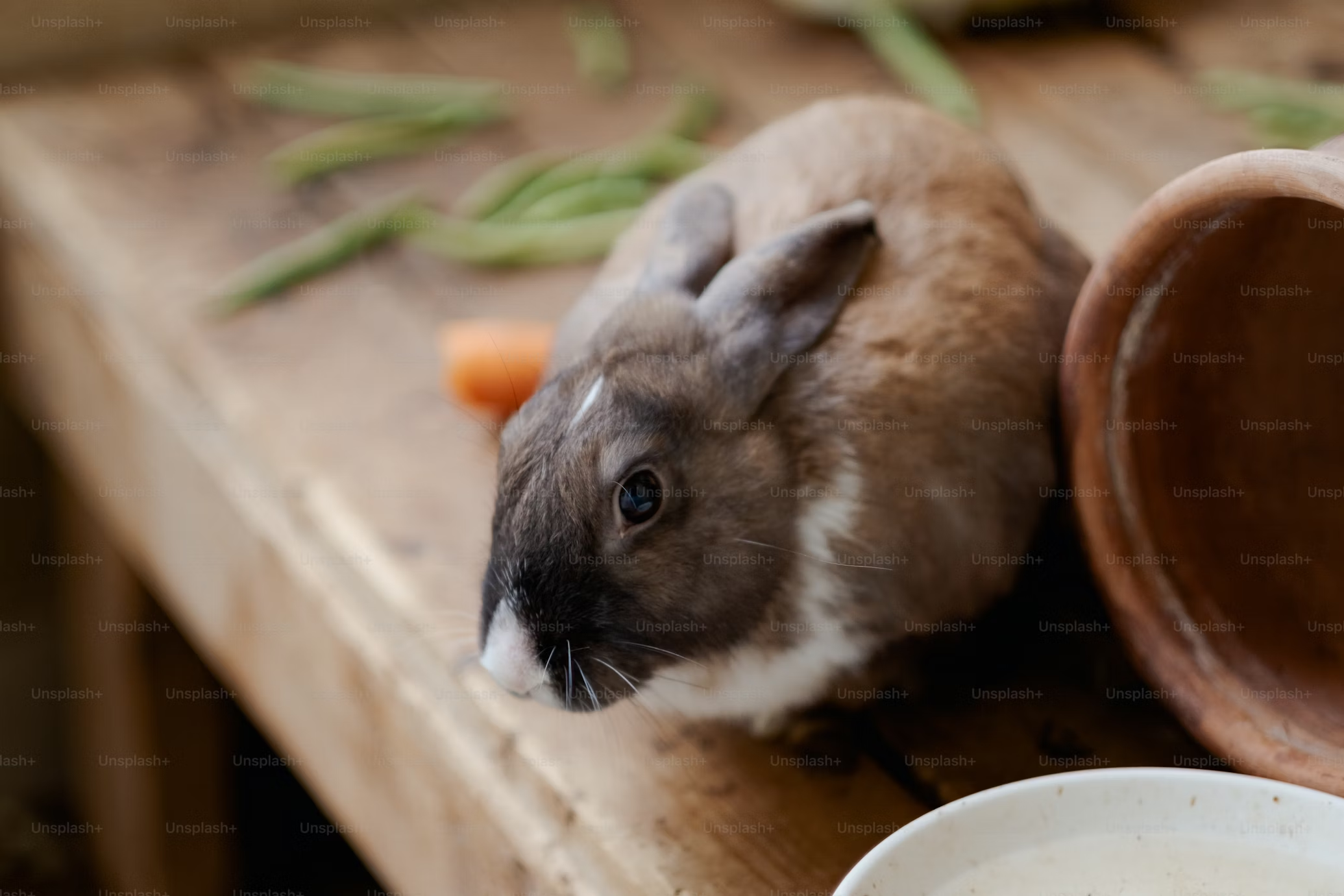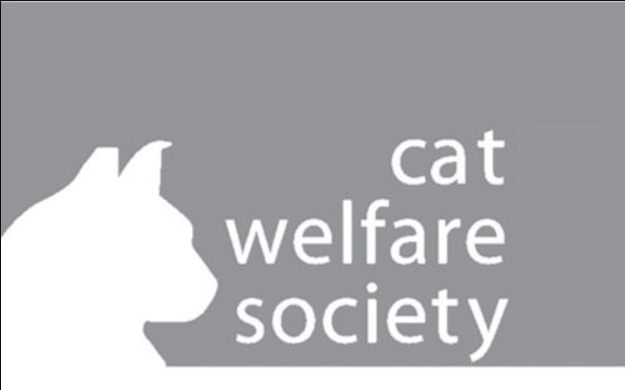
If you’re contemplating whether to get a pet rabbit in Singapore, you’re not alone. Many prospective pet owners find themselves in a quandary, unsure if a rabbit is the right choice for them. However, rabbits make excellent pets for a variety of reasons, and Singapore is an ideal place to raise one. In this article, we’ll explore why you should consider bringing a rabbit into your home, supported by statistics, personal anecdotes, and practical tips.
1. Rabbits Are Easy to Care For
One of the primary concerns for pet owners is the level of care required. Fortunately, rabbits are relatively low-maintenance. They do not need daily walks like dogs, and they can be litter-trained much like cats. With the right setup, a rabbit’s living area can be kept clean and odor-free with minimal effort.
2. Affectionate Companions
Rabbits are known for their affectionate nature. They can form strong bonds with their owners and are often very social creatures. According to a study by the House Rabbit Society, rabbits are the third most popular pets in many countries, only behind cats and dogs. Their social nature makes them a perfect pet for those looking for companionship without the overwhelming demands of more high-maintenance pets.
3. Space-Efficient Pets
In a city-state like Singapore, space can be a significant constraint. Rabbits do not require as much space as larger pets, making them ideal for HDB living. A well-designed rabbit hutch or pen, along with some daily exercise outside the pen, is sufficient to keep a rabbit happy and healthy.
4. Cost-Effective
Owning a rabbit is generally more affordable than owning a dog or a cat. The initial setup costs for a rabbit are lower, and their food and healthcare expenses are also relatively modest. According to the Society for the Prevention of Cruelty to Animals (SPCA) in Singapore, the cost of adopting a rabbit is around SGD 20 to SGD 100, while the ongoing monthly expenses are approximately SGD 30 to SGD 50, excluding the costs of fancy treats or snacks.
5. Educational for Children
Rabbits can be excellent pets for families with children. They help teach kids responsibility, empathy, and the basics of animal care. A 2019 study found that children who grow up with pets often exhibit higher levels of empathy and social skills. (Sato R, Fujiwara T, Kino S, Nawa N, Kawachi I. Pet Ownership and Children’s Emotional Expression: Propensity Score-Matched Analysis of Longitudinal Data from Japan. Int J Environ Res Public Health. 2019 Mar 2;16(5):758)
6. Environmental Considerations
Rabbits have a relatively small carbon footprint compared to larger pets. They consume less food and produce less waste, making them a more environmentally friendly choice. In Singapore, where sustainability is increasingly becoming a priority, choosing a pet with a lower environmental impact is a responsible decision.
7. Health Benefits for Owners
Having a pet rabbit can also offer numerous health benefits to their owners. Interaction with pets has been shown to reduce stress, lower blood pressure, and increase overall mental well-being. In the fast-paced lifestyle of Singapore, a rabbit can provide a calming presence in your home. For more information, look into our other article where we delve into how pets can improve our mental health.
8. Adopt, Don’t Shop
There are many rabbits in need of loving homes. Organizations like the SPCA and House Rabbit Society Singapore (HRSS) offer rabbits for adoption. By adopting, you provide a home for an animal in need and support efforts to reduce the number of abandoned pets.
Practical Tips for Rabbit Care in Singapore
If you’re convinced and ready to bring a rabbit into your home, here are some practical tips to ensure your pet thrives:
1. Housing
Ensure your rabbit has a spacious and comfortable hutch or pen. The living area should be well-ventilated and away from direct sunlight to avoid overheating. Here is our guide to creating a rabbit-friendly home.
2. Diet
A healthy diet for a rabbit includes fresh hay, leafy greens, and a limited amount of pellets. Fresh water should always be available. Curious about the importance of hay in a rabbit’s diet? Look into our article where we check out the benefits and different types of hay available to rabbits.
3. Healthcare
Regular veterinary check-ups are essential. Rabbits should be vaccinated against diseases such as Rabbit Haemorrhagic Disease (RHD). In Singapore, the cost of a routine veterinary visit is relatively affordable, averaging around SGD 50 to SGD 80.
4. Social Interaction
Rabbits are social animals and need regular interaction. Spend time playing with your rabbit and consider getting a second rabbit for companionship.
5. Exercise
Allow your rabbit time outside its pen to exercise and explore. A rabbit-proofed area in your home or a secure outdoor space can be perfect for this.
6. Grooming
Rabbits groom themselves, but they also need regular brushing to prevent fur matting and hairballs. Long-haired breeds may require more frequent grooming.
Conclusion
In conclusion, rabbits make wonderful pets for many reasons. They are low-maintenance, affectionate, space-efficient, cost-effective, and environmentally friendly. They provide numerous health benefits to their owners and can be especially educational for children. By adopting a rabbit, you not only gain a loyal companion but also support animal welfare efforts.
If you’re still on the fence, consider visiting local shelters or rabbit adoption events in Singapore to interact with these charming animals. You’ll likely find that a rabbit is the perfect addition to your home.
For more information on rabbit care and adoption in Singapore, check out the following resources:
- House Rabbit Society Singapore
- Society for the Prevention of Cruelty to Animals (SPCA) Singapore
- Rabbit Welfare Association & Fund (RWAF)
With the right care and attention, a rabbit can bring joy and companionship to your life for many years to come. So why wait? Consider adopting a rabbit today and experience the unique bond only a rabbit can offer. Embrace the joys of rabbit ownership and make a positive impact on your life and the life of a deserving animal.
Thank you for reading our article! If you enjoyed it, please share the article using the social icons below.














































